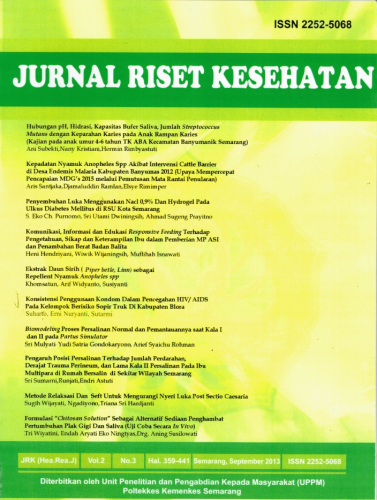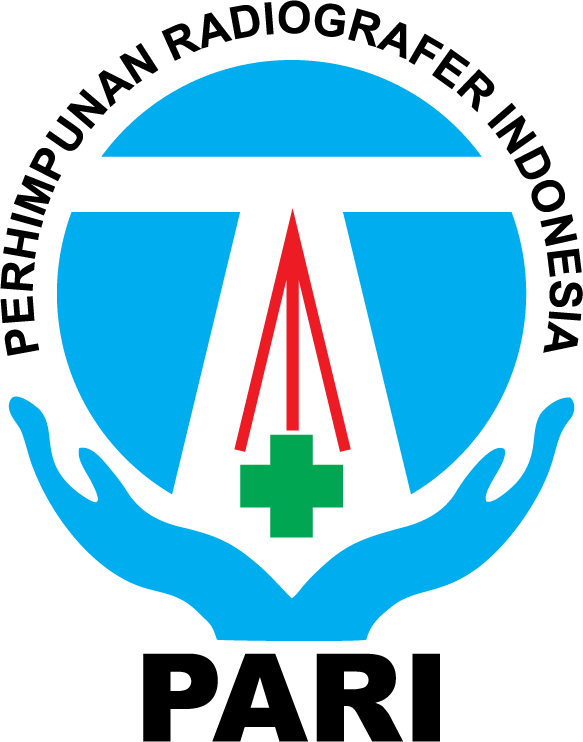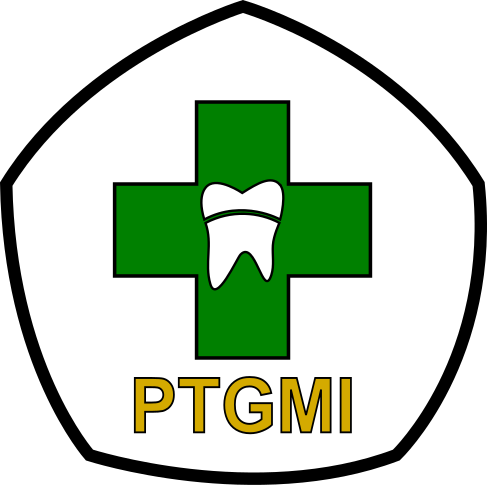Sea cucumbers crackers, Nutritious Snacks That Are Safe for Consumption and Can Treating Constipation
Abstract
The objective of this study is to find the dose of sea cucumber crackers that can cope constipation and determine levels of nutrients, fiber as well as mercury sea cucumber crackers. Research design was quasi-experimental study. Subjects of this study was the new student, which are grouped into 3 dose groups: 15, 30 and 45 g. Inclusion criteria was willing to follow the research, defecation constipation, not allergies are sea fish, not the cure constipation, no diarrhea, no fasting. Defecation event before and after consumption of crackers, given feces type based on the standard scale "Bristol Stool Scale. Levels of mercury, compared to standard health safety limit (500 ppb). Statistical tests was used Fisher's Exact test at α = 0.05. The prevalence of constipation: 19.4%, with the old constipation 1 s/d 7 days. After research, the group that consumed the crackers dose: 5-15 g; 22.5 to 30 g and 37.5 to 45 g. Dose group was able to overcome constipation on +1 day, respectively: 84.4%, 82.6% and 87.5%. Statistical tests showed the influence of sea cucumber crackers consumption at various doses on the incidence defication on one day after, at the second day and the third day, with a value of p and C respectively: p = 0.014 and C = 0.423, p = 0.015 and C = 0.399 and p = 0.021 and C = 0.381. Sea cucumber crackers contain more nutrients than prawn crackers, “krupuk ACI” and “rambak”. Mercury levels: 11.5 ppb (less than 500 ppb), so it is safe for consumption.
Keywords
Sea cucumber crackers; constipation; nutrients; fiber; mercury
Full Text:
PDFDOI: https://doi.org/10.31983/jrk.v1i1.287
Article Metrics
Abstract view : 596
Download PDF : 208
Refbacks
- There are currently no refbacks.
Copyright (c) 2015 Jurnal Riset Kesehatan




















































